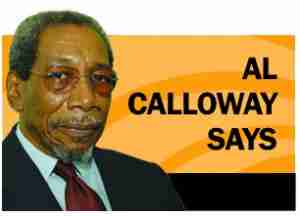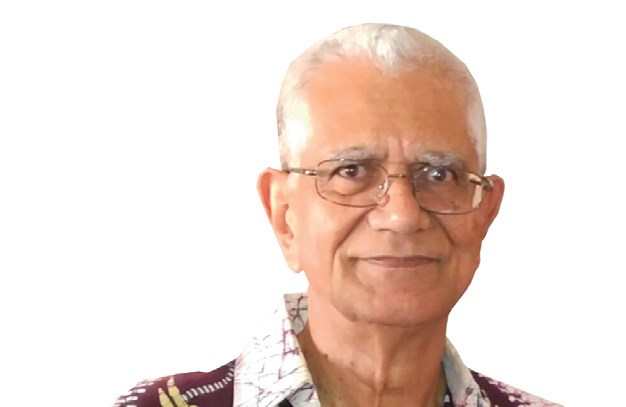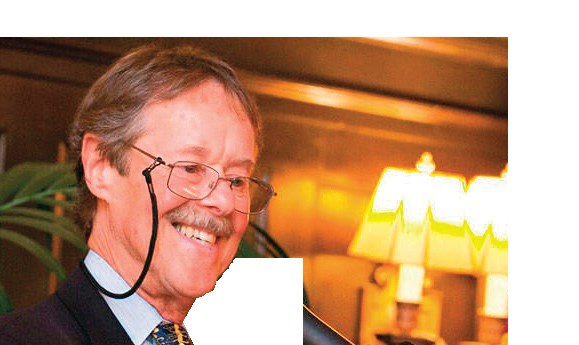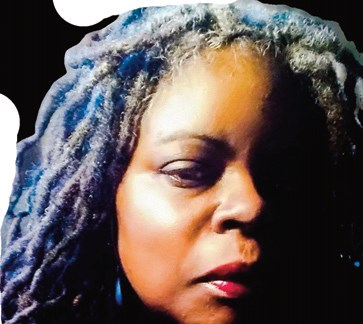STOCK PHOTO
By AL CALLOWAY
First of all, I suspect defining who “we” are is in order. That thought comes readily to mind due to all manner of historical precedence by which an amalgam variously called Black people, African Americans, Negroes, Coloreds, minorities, others, and the ever present n-word, came to propagate here in America; indeed, within the entire Western hemisphere.
We happen to have roots in various parts of Africa, from many cultures, tribes, languages and religions. Most of our bloodlines are of those that survived the horrendous Middle Passage and generations of chattel slavery and other inhumanities. Plantation life constantly featured further separations as black slaves tried to have families, whose members were purposely sold, some for profit and others just for psychological control.
So we are all so-called black people or African Americans. However, we have never been a people. We have no group philosophy. Our religion is basically Christianity — which was beaten and browbeaten into our forbearers. (Historians say that more than thirty percent of African slaves were Muslims.) And, unfortunately, division has been a standard of black life in the Americas.
It is precisely that divisiveness, birthed by the Trans-Atlantic African Slave Trade, which we have to overcome in order to move forward as a people. We can no longer be an amalgam. We must become a people in order to make progress. What resources do we have and what are the best ways to maximize their utilization? That is an imperative national question.
If you think Trumpism is an aberration and not white nationalism’s move forward, you are mistaken. Going forward with an agenda of survival and progress is being proactive. Jews and Mormons have progressed dramatically just like that, so have Asians. Noteworthy is the fact that these groups tend to be bound philosophically and spiritually, as well as economically and socially. Trumpism’s white nationalist base is similarly trending.
2017 is gone, and if the alarm in your head didn’t awaken you to reality during that politically stormy year, I can only hope that conditions will get you going in 2018. I am often mindful of writer/poet Carl Sandburg who wrote: “The growth of a frail flower in the path up has sometimes shattered and split a rock. A tough will counts, so does desire. So does a soft rich wanting. Without rich wanting, nothing arrives.”
So, what do we do in 2018? It seems logical to start with whatever we have. Obviously, dominant so-called leaders think that there are scant resources to cultivate in black communities. Many of these people tend to get elected and reelected for primarily doing social work. Political work has to be done by regular neighborhood folks in every precinct to amass political power. Voter education, registration, and voter turnout for all elections changes political dynamics.
Churches grow in black neighborhoods faster than trees. They are as lemons needing to be turned into lemonade by community power through maximizing their utilization for human development purposes. There is no reason for these properties to be mostly useless and locked-up. A must needed paradigm shift beginning this year is self- development within black neighborhoods across America.
There is no complicated formula preventing all black youth from achieving excellence in various areas of education. We, adults, are responsible for any and all lack of achievement by our young people. We acquiesce to mis-education and dysfunctional classrooms and schools. We set a tone for non-learning in our homes, neighborhoods, and through our lifestyles. If your child is not reading by first grade, he or she may never catch up!
That is your fault. It is also our community’s fault. It is our fault because we did not prepare a way for success. Political development also means community control of our schools and the establishment of community-based after school recreational, cultural, and educational programs for our youth.
Survival and progress exist on a plane, nurtured by proactive people. Now, therefore, we must deal with the question: What resources do we have and what are the best ways to maximize their utilization?














No Comment